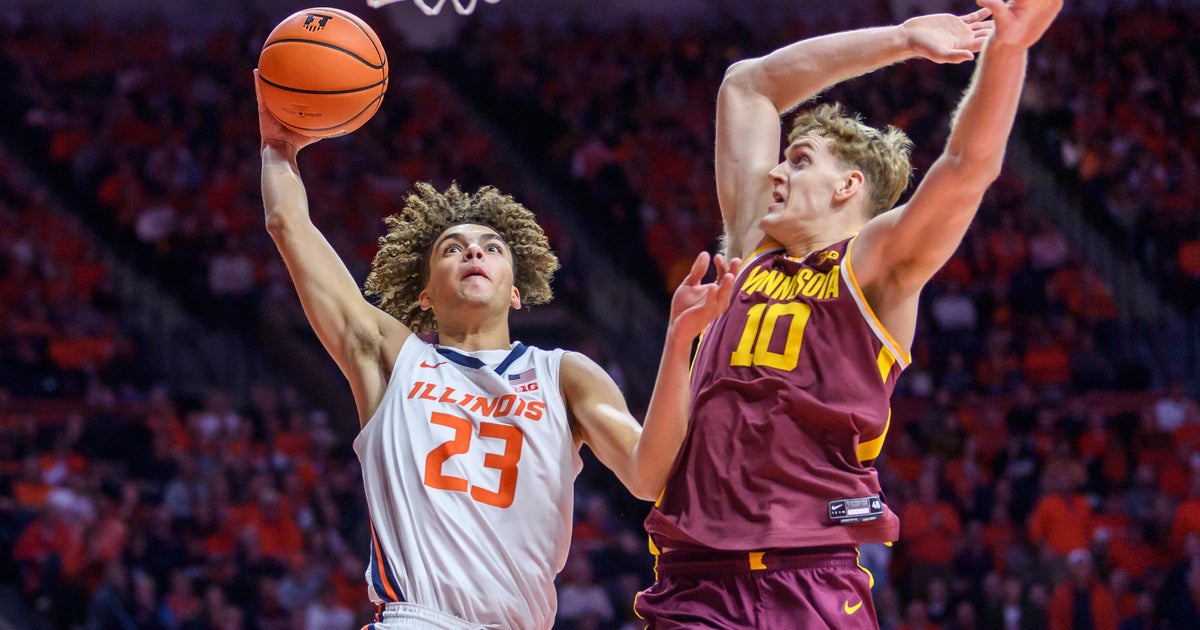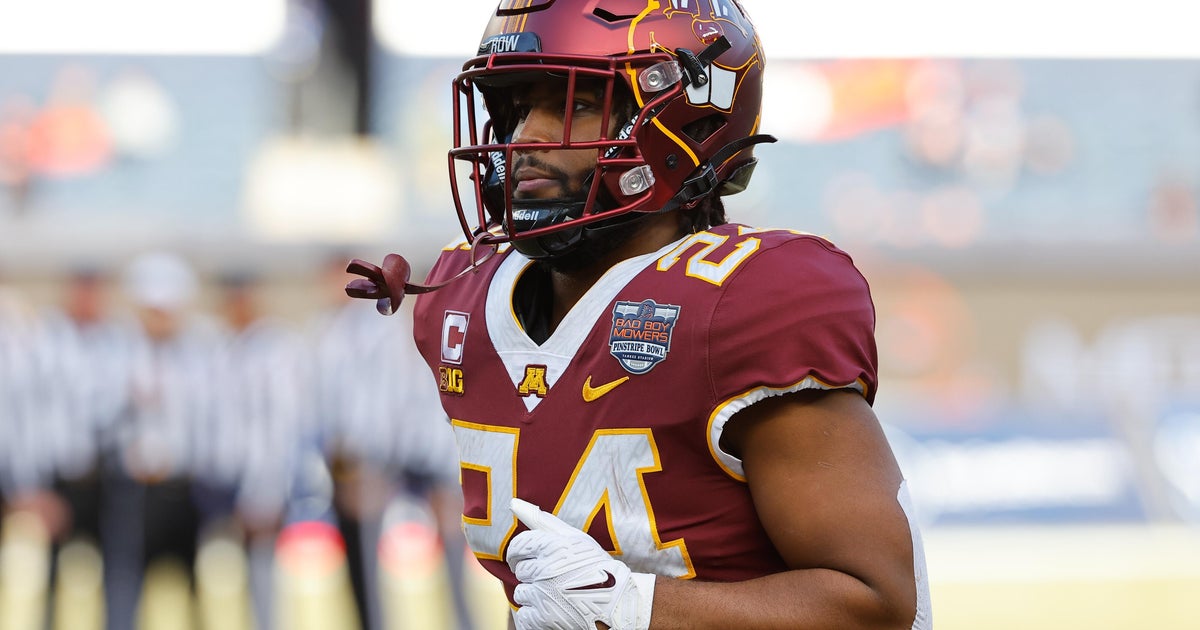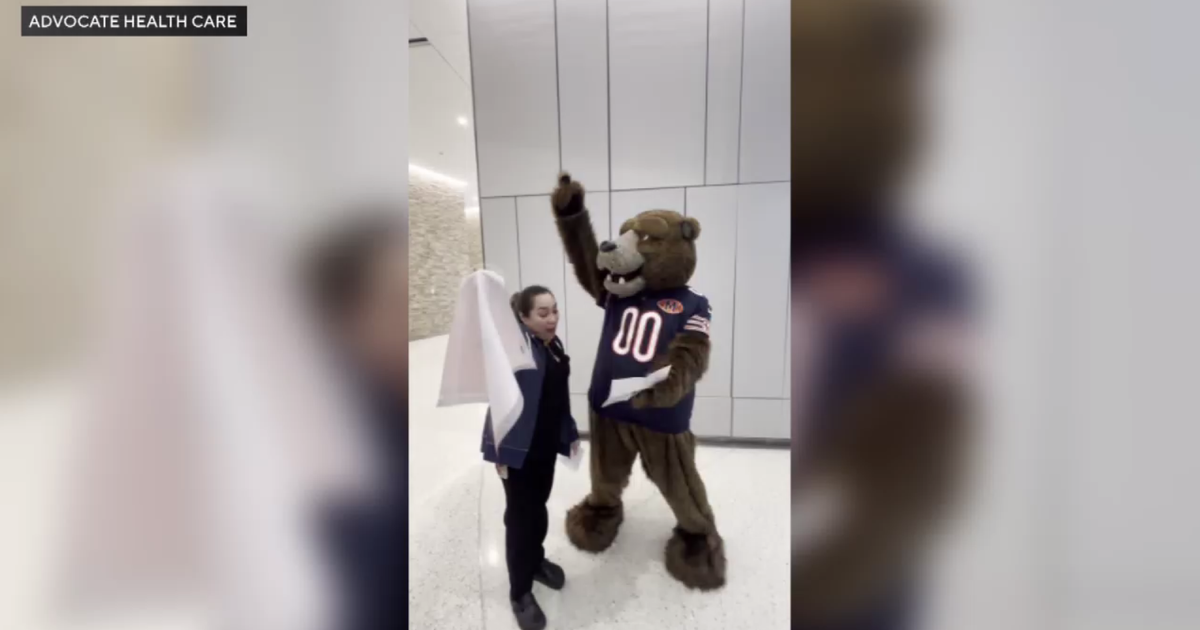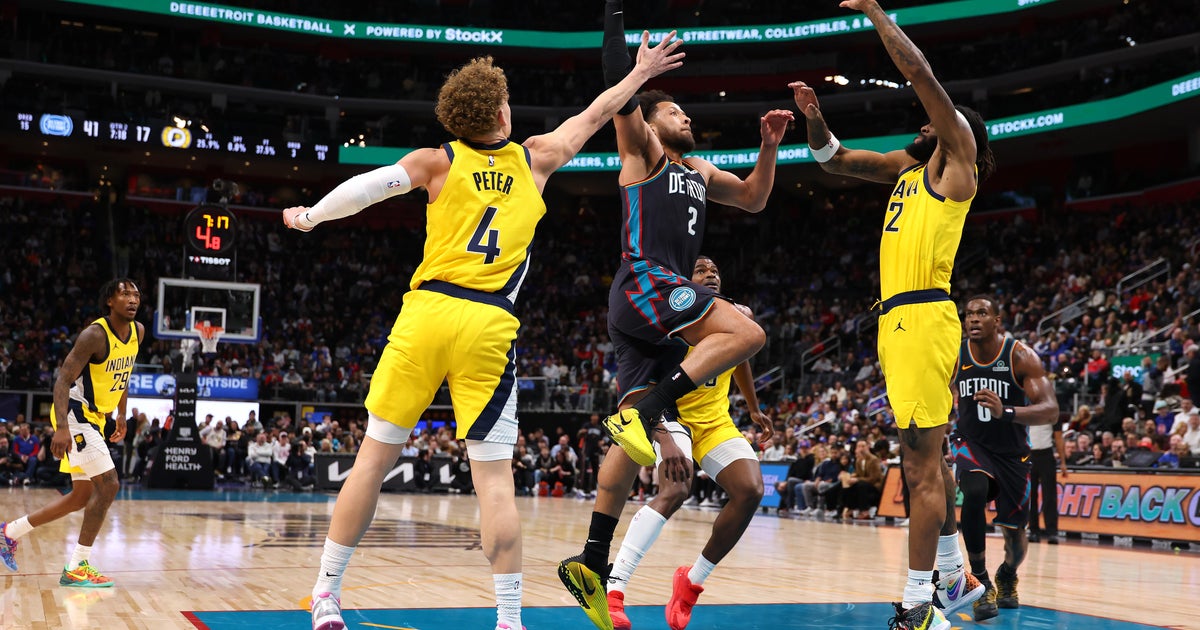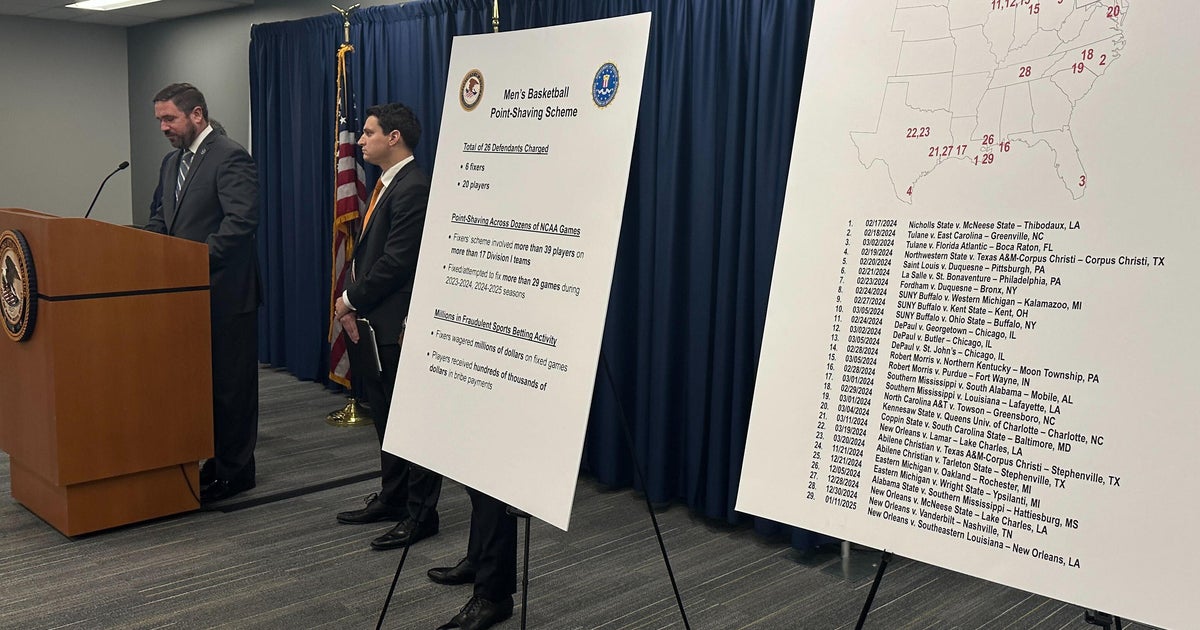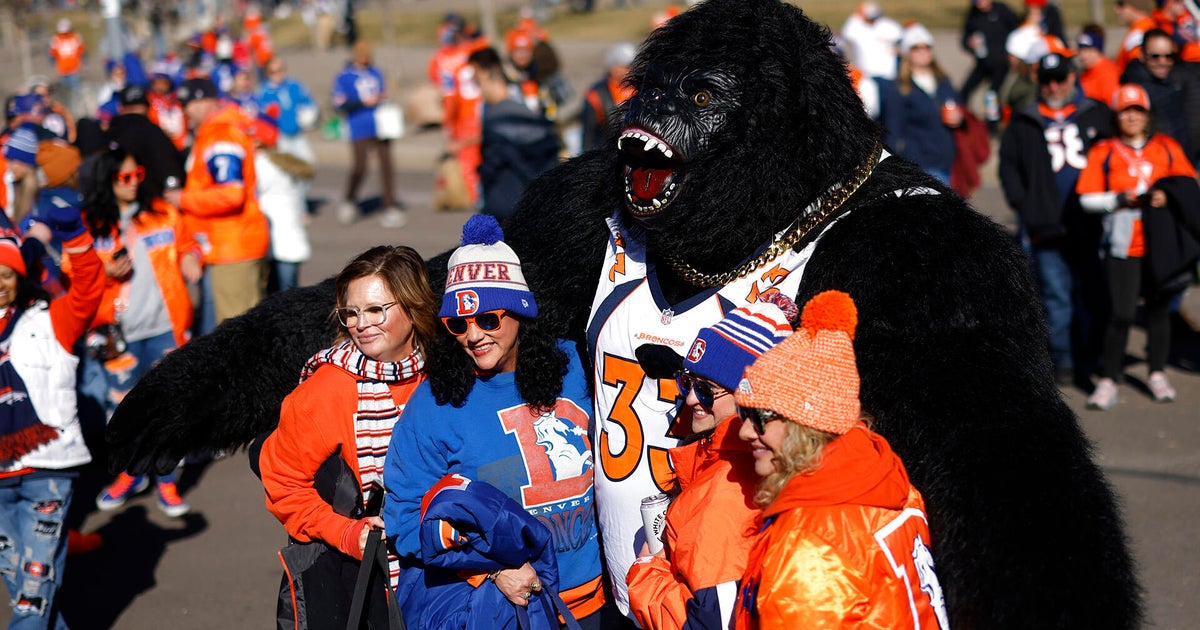Wisch: Did Mike Tisdale's Foul Need To Be Called Intentional?
By Dave Wischnowsky--
Merry Christmas, Illini Nation.
Bah, humbug.
For Illinois basketball fans, there are few – if any – things worse than losing to Missouri in the annual Braggin' Rights battle. And for fans of basketball, there are few – if any – things worse than seeing a thrilling game ultimately decided by the officials, and not the players.
I don't care who you root for.
On Wednesday night in a compelling, nip-and-tuck contest before 21,634 throaty fans at Scottrade Center in St. Louis, however, that's just what happened between the Illini and Tigers.
With just 45 seconds left, Illinois' D.J. Richardson drained a three-pointer that cut Missouri's lead to 62-61. On the ensuing inbounds play, Missouri was down the court before you – or the Illini – could blink as forward Laurence Bowers raced in for a lay-up. Illinois center Mike Tisdale chased him from behind and placed two hands on Bowers' back.
It wasn't a shove. It was more of a tag. But official John Higgins still felt compelled to whistle an intentional foul.
Not only did Bowers make the layup, he also made the two free throws. And then Missouri scored a layup on the inbounds play. In just 1.2 seconds, the score went from 62-61 to 68-61.
Game, set, match, Tigers.
After Missouri strutted off the court with a 75-64 victory that looked, on paper, like a near-rout (but wasn't at all), fan message boards, Facebook and Twitter went berserk with debate over the intentional foul call.
No one disagreed that it was a dumb foul by Tisdale, but many disagreed on whether it needed to be called an intentional one in that situation. Couldn't Higgins have just called a regular personal foul, and let the teams decide the game on the court?
I felt like he could have. Bruce Weber did, too.
"I don't like the intentional foul call," Illinois' exasperated head coach said on the Illini Sports Network postgame interview. "You can't have that play be the (difference in the game). In essence, he probably made the right call. But there's 1,000 of them in the game and they don't call it."
So, should Higgins have called that one?
This morning, in an attempt to answer that, I cracked open (OK, downloaded) the NCAA's 2010-11 Basketball Rulebook and, in Section 4, on page 147, found the official rule for "Intentional Personal Fouling." Here it is, in its entirety:
Section 4. Intentional Personal Fouling
Guidelines for calling the intentional personal foul are:
a. Any personal foul that is not a legitimate attempt to directly play the ball or a player is an intentional personal foul.
b. Running into the back of a player who has the ball, wrapping the arm(s) around a player and grabbing a player around the torso or legs are intentional personal fouls.
c. Grabbing a player's arm or body while initially attempting to gain control by playing the ball directly is an intentional personal foul.
d. Grabbing, holding or pushing a player away from the ball is an intentional personal foul.
e. Undue roughness used to stop the game clock is an intentional personal foul and, if severe, should be called a flagrant personal foul.
f. It is an intentional personal foul when, while playing the ball, a player causes excessive contact with an opponent.
Reading the NCAA's rule – in particular, Guideline A: "Any personal foul that is not a legitimate attempt to directly play the ball or a player is an intentional personal foul" – it looks as if Higgins did make the correct call. Tisdale did not attempt to directly play the ball. There's no debating that.
However, the NCAA also has an addendum at the end of the rule that reads, "The intentional personal foul must be called within the spirit and intent of the intentional-foul rule."
Interpret that as you wish, but I don't think the "spirit and intent" of the intentional foul rule is to take a gripping basketball game between two fierce rivals and absolutely tear the heart out of it. Higgins' call effectively declared the game over simply because one player touched another guy in the back.
There's just something not right about that.
Clearly, by the letter of the law, Tisdale's foul could be called intentional. But I don't think it needed to be. Higgins could have used his discretion, let Missouri's Bowers shoot one free throw after his basket and then allow the game, the players and the fans to enjoy a clean finish.
Rules might be rules, but they're also intended to make games better.
Not ruin them.
But, unfortunately, that's just what happened last night.
Do you agree with Dave? Post your comments below.
If nothing else, Dave Wischnowsky is an Illinois boy. Raised in Bourbonnais, educated at the University of Illinois and bred on sports in the Land of Lincoln, he now resides on Chicago's North Side, just blocks from Wrigley Field. Formerly a reporter and blogger for the Chicago Tribune, Dave currently writes a syndicated column, The Wisch List, which you can check out via his blog at http://www.wischlist.com.
